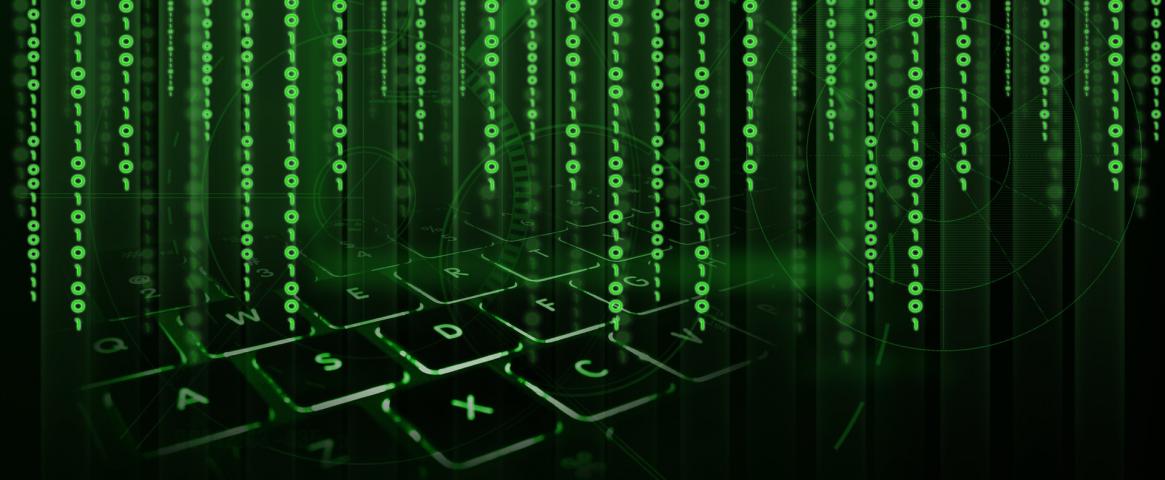By Andrei Mihai
Journalists spend a lot of time sharing new information with the world, but surprisingly little time securing the data they already have. In a packed room at ScienceWriters 2019, a panel of leading journalists and security experts discussed some of the most common security threats, and what journalists can do to limit their risks and exposure.
Washing your digital hands
The most efficient things are often the simplest, says Neena Kapur, senior information security analyst at The New York Times. Something as simple as securing your passwords can make a world of a difference. How do we do that? Two-factor authentication.
"Passwords are compromised all the time," said Kapur. "Two-factor authentication adds an extra layer of security that makes it much more difficult for hackers to crack." The simplest way to go about it is to figure out the 10 websites you visit the most – whether email, streaming, or shopping. All those passwords need to have two-factor authentication. It's a hassle, but it can make a world of difference for data security.
Anticipating backlash – for instance, predicting the impact of a 'Twitter mob' – can also save you a lot of trouble. Another simple yet effective practice is to put yourself in the shoes of the 'baddies.' If anyone wanted to find any personal or sensitive information about you, how would they do it? Try to do the same thing, then try to remove what you don't want others to see. If you can't remove it, at least make it more difficult to find – hackers and mobs have limited resources too, so if they can't find anything quickly, they'll likely move on.
Having healthy habits and "hygiene" is also important, quipped Susana Ferreira, a Portuguese-Canadian freelance writer and producer who joined the session via Skype. Data and other assets can be compartmentalized so that if something gets compromised not everything gets compromised. We don't always have the resources to work with 'clean' computers and mobile phones, but ensuring that journalistic data is separated from personal data can go a long way to ensuring journalists' safety.
When traveling in unsafe places or dealing with more dangerous environments, the panelists recommended keeping an eye out for what could go wrong and trying to minimize the risks. It's a bit like washing your hands: you rarely think about it, you just do it.
Protecting your sources
Security is a two-way street, and security is not just about protecting yourself as a journalist. It's also about protecting sources. Most journalists working with sources keep their Twitter messages open, says Laura Helmuth, health and science editor at the Washington Post. That's a good way to be reached by sources, but after the first step is established, finding secure channels is not always straightforward.
Everything is discoverable (Slack, Twitter, some messenger apps), so if the information is sensitive, it must be sent through a secure channel. The Signal app seems to be the go-to place for this, although WhatsApp can also be used (the conversation metadata could be available to their mother company, Facebook, but the conversation itself is encrypted). Meeting face-to-face is often the best way to arrange a secure discussion, although that raises its own logistical challenges.
Finally, it's important for the journalist and editor to be in touch. Editors worry a lot says Helmuth, and they want to know that journalists are safe and supported, so maintaining open and active communication can make a huge difference for all parties involved.
Securing data is more important than ever, especially in today's challenging climate. Technology has opened up a world of communication opportunities, but it has also opened up a can of worms that can sometimes be difficult to contain. It can be a hassle to implement additional security steps on a day-to-day basis, but even just the basics should go a long way. It's just a couple of hours a month, and it's a couple of hours definitely worth investing.
For additional information and resources, view these tips and tricks provided by the panel organizers.
Andrei Mihai is the founder of ZME Science and a recipient of a 2019 NASW Travel Fellowship. Follow him on Twitter @mareacaspica




